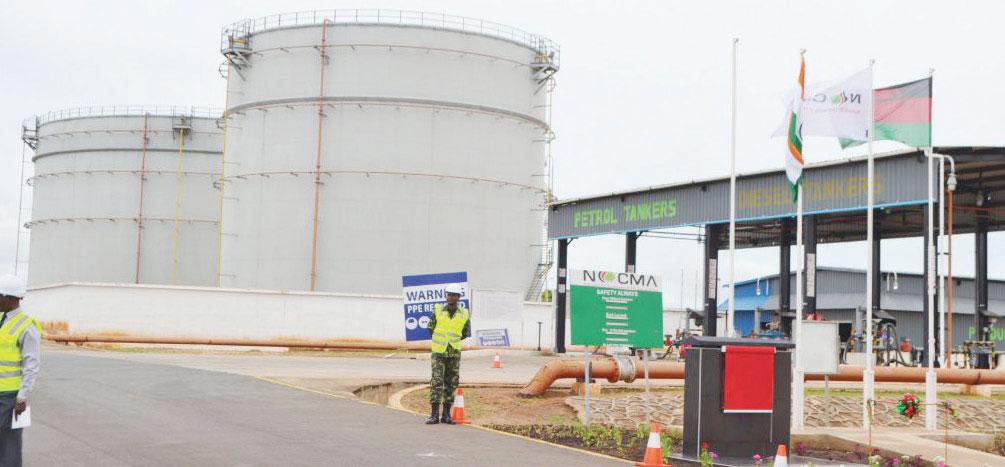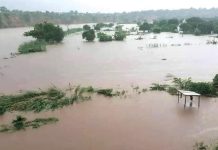Africa-Press – Malawi. Debate has resurfaced over the role of bulk fuel importation for the country between the privately-owned consortium of Petroleum Importers Limited (PIL) and State-owned National Oil Company of Malawi (Nocma).
Late last year, the Parliamentary Committee on Natural Resources and Climate Change proposed that the government have 90 percent control of fuel imports through Nocma.
The proposal entails that PIL would be left to import only 10 percent of the country’s fuel requirements, down from the current 45 percent. This did not go down well with PIL, which believes the option would squeeze it to almost a spectator in the industry.
Speaking on Saturday when the two firms faced members of the Parliamentary Committee on Natural Resources and Climate Change in Blantyre, PIL Vice Board Chairperson Zubeir Bhana reaffirmed the consortium’s wish to a 50- 50 arrangement.
He attributed recent intermittent imports of the commodity to disruption in global trends and lack of foreign exchange in the country, and not lack of capacity for the importers.
“Let me keep it simple; the formula to Malawi’s fuel availability is the availability of foreign exchange. No foreign exchange, no fuel,” he said.
Nocma Deputy Chief Executive Officer Helen Buluma said the State-run company has capacity to be bringing 90 percent of the country’s fuel requirements if given a chance. She said from January 2022, the firm has been importing about 80 percent of fuel into the country as PIL has had limited foreign exchange.
“When problems hit the country, those who import fuel to make profits withdraw as you have seen now. Our colleagues are saying they cannot bring fuel because prices are up and they cannot make profits but, as Nocma, we do not look at profit but availability of fuel,” she said.
Parliamentary Committee on Natural Resources and Climate Change Chairperson Werani Chilenga said that there is no better time to initiate the changes than now, claiming that PIL was failing to satisfy its ratio.
“Right now, PIL does not have foreign exchange so if we did not have Nocma, which has managed to negotiate with an international bank to bring fuel in this country of up to 70 to 80 percent, what could have happened? So our recommendations have been vindicated. Therefore they should be implemented,” he said.
It was discovered during the discussions that PIL’s importation of fuel has been dwindling since December last year, importing around 15 million litres a month as at March 2022 against the country’s monthly requirement of 60 million litres.
Meanwhile, energy regulator, Malawi Energy Regulatory Authority, is expected to review the proposals and recommend the way forward. PIL was formed in 1999 in line with an International Monetary Fund and World Bank recommendation to ensure security of supply after the collapse of the then State-owned Petroleum Control Commission.
Nocma was formed in 2010 to manage a strategic fuel reserve facility, provide hospitality to new entrants at a fee as a way of promoting competition and upstream oil and gas exploration.
Justin Mkweu is a fast growing reporter who currently works with Times Group on the business desk. He is however flexible as he also writes about current affairs and national issues.
For More News And Analysis About Malawi Follow Africa-Press






